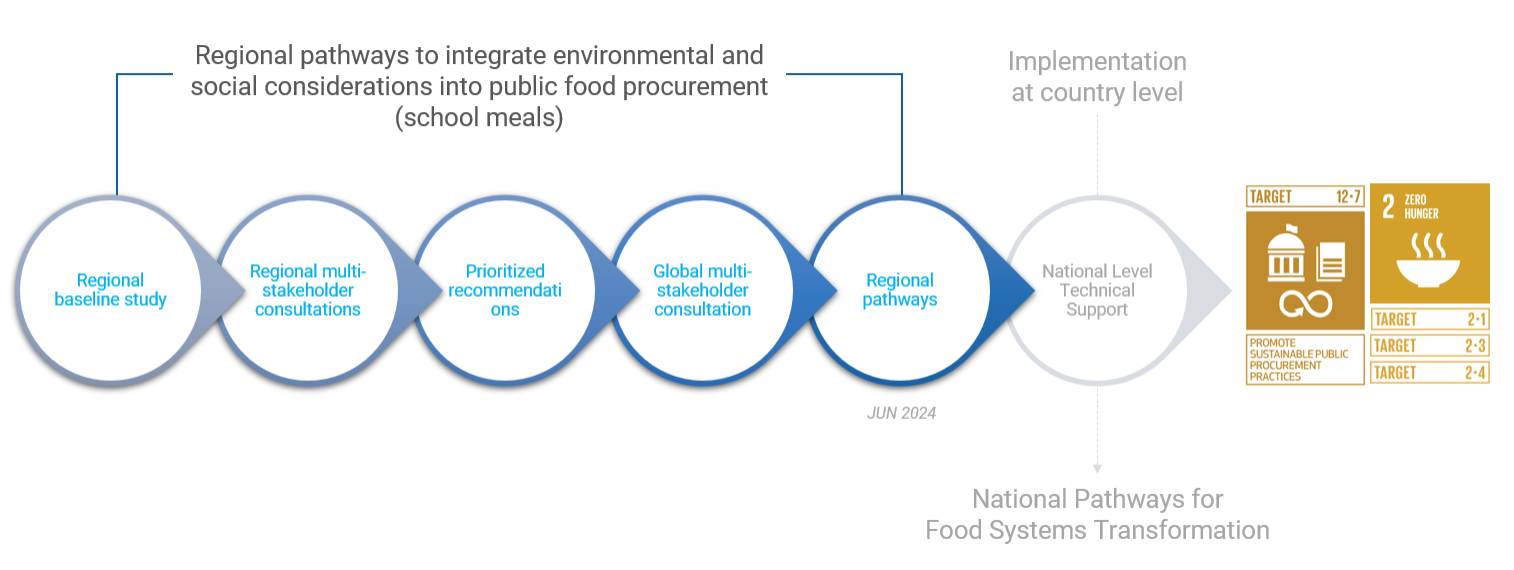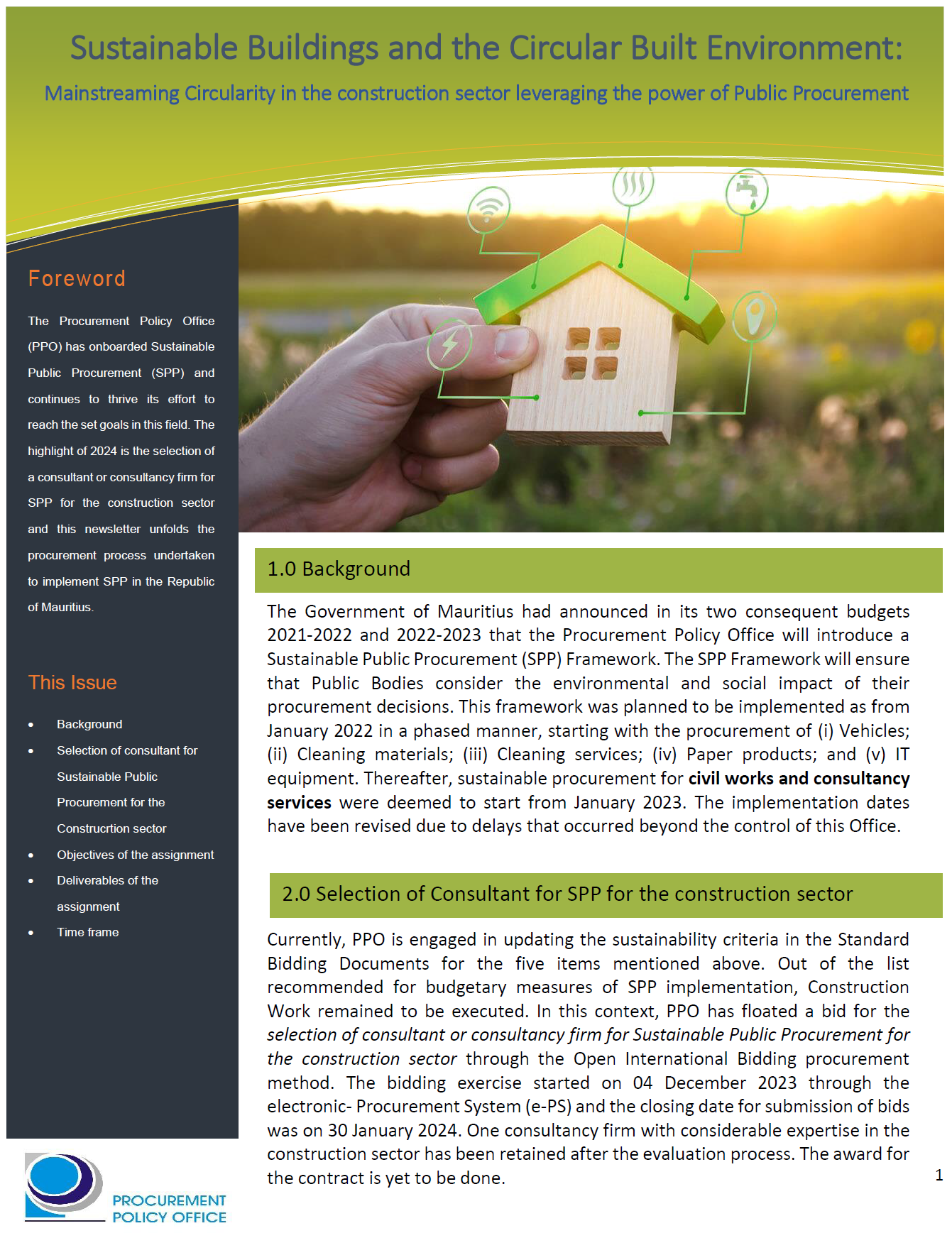Hungarian Eco-School Network
Learning by direct (e.g. school-gardening ) and indirect (e.g. maintenance) means in eco-schools shapes students’ attitudes, while advocating raises parents’ attention, and collaboration with local businesses and communities (e.g. local products in canteens) has immediate effects.
Eco-schools operate with an ESD-focused local curriculum and a whole-school approach, extending ESD activities and environmentally conscious attitude to each member of the school community. Schools are requested to showcase their ESD activities on their own website, while regional eco-school meetings provide opportunities for them to share and exchange experiences.
The Hungarian Eco-school Network (open to every Hungarian public educational institution with a yearly open application system) coordinates, informs, and organizes in-service teacher trainings and programs. Pedagogical supplementary materials, books and educational packages supporting the daily work of the member schools and keeping them informed are prepared or regularly recommended with the support of the Network.
In these schools, values of sustainability are present in all segments of school life. Students are invited to take tangible actions for their local environment and are empowered to reflect on global challenges. In these schools, students’ voices are heard and their actions are regarded as important contribution to the local community’s life.
The Network builds on self-evaluation against a set of criteria, which include among others sustainable consumption, food consciousness, awareness and responsible use of resources, sustainable maintenance (and refurbishment) of school buildings and infrastructure, educating for sustainable tourism including recognition and active protection of local natural and cultural heritage, advocating for sustainable consumption and lifestyles. The application process invites schools to go through a reflective cycle including the revision of existing and proposed activities referring to the set of quality criteria, then setting their own challenges and assessing their results leading to another cycle of reflection and revision. After a successful application, schools are allowed to possess the title Eco-school, which they may renew every three years. After two consecutive successful applications, schools are eligible to apply for the title Permanent Eco-school.
In the past 23 years the Network has grown to nearly 1300 schools all over Hungary, representing over 35% of schools covering about 35% of students and 34% of teachers in Hungary. All school types in the spectrum of the Hungarian public education system are represented in Eco-school Network: the majority of member schools are primary schools, about one-quarter are secondary and vocational schools, but there are some art schools, special needs schools, boarding schools and dormitories, too.
External source(s)



